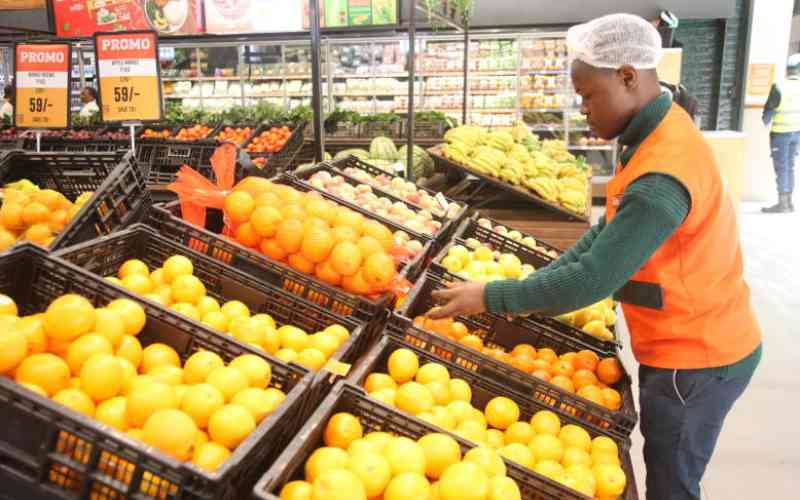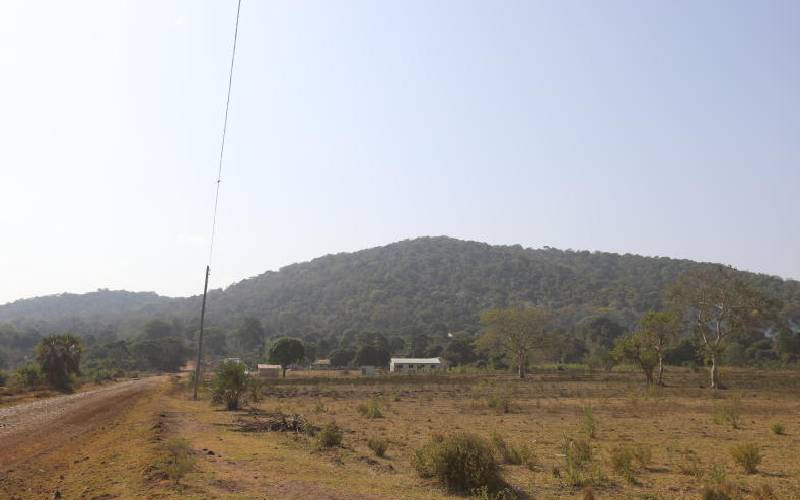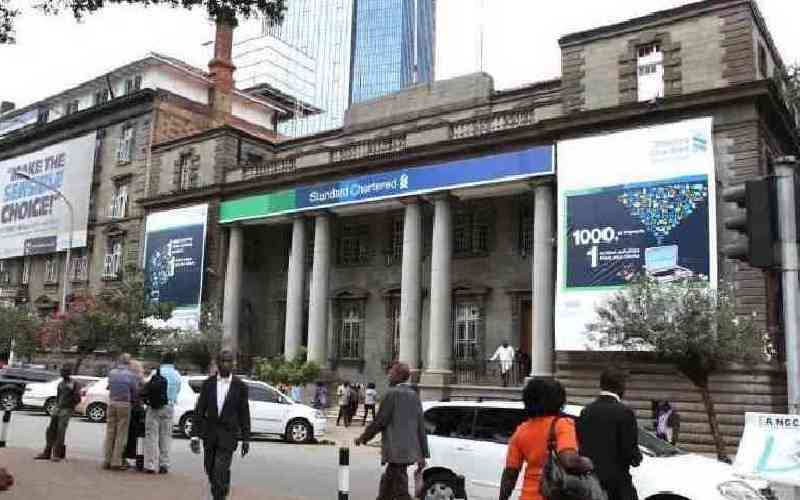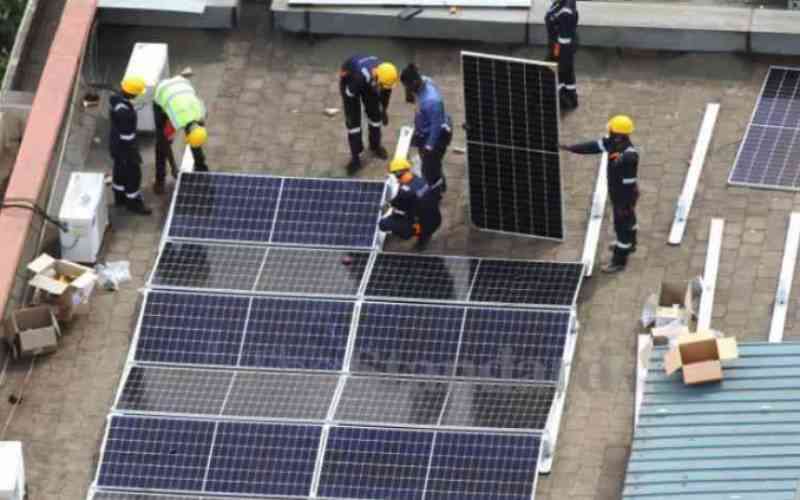×
The Standard e-Paper
Stay Informed, Even Offline
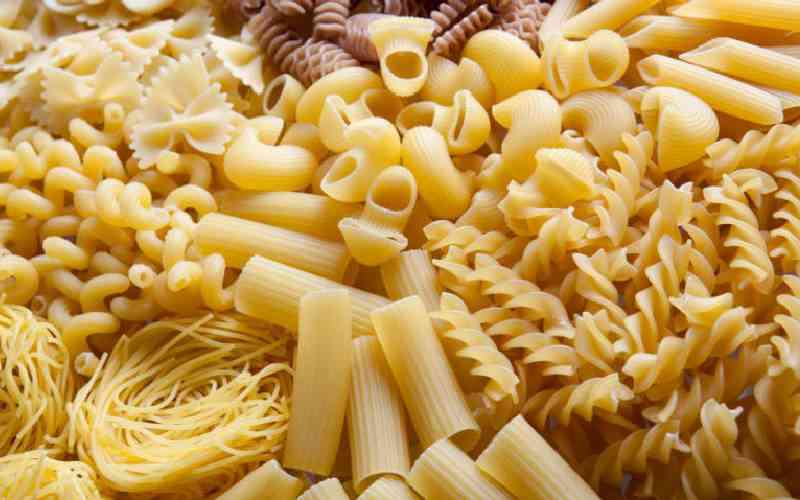
The proposed introduction of a 20 per cent excise duty on locally manufactured pasta is set to reduce Kenya's global competitiveness and dent import substitution efforts, an industry lobby group has warned.
The Kenya Association of Manufacturers (KAM) explained that the new tax will hurt local production due to higher compliance and operational costs, consequently raising the prospect of company shutdowns and job losses.
